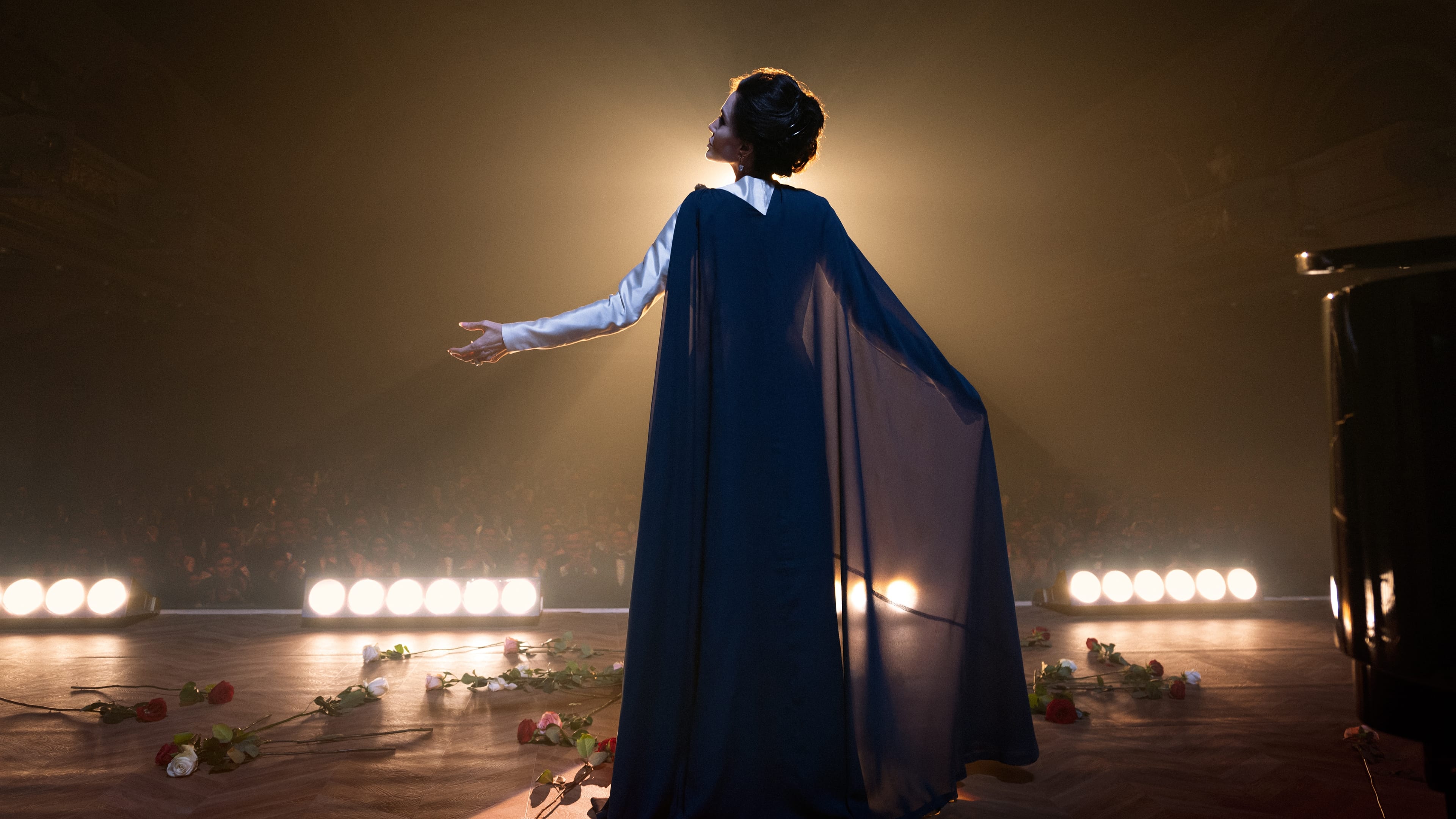Watch Maria (2024) Movie

Maria Callas, the world's greatest opera singer, lives the last days of her life in 1970s Paris, as she confronts her identity and life.

- opera
## The Clockwork Heart and the Broken Melody: Decoding the Tragedy of Vilem Maria
Vilem Maria, the protagonist of [Insert Unique and Fictional Story Title Here - e.g., "The Automaton's Aria"], isn't merely a character; he's a carefully constructed symphony of longing, regret, and ultimately, devastating self-destruction. His tragic fate, though foreshadowed throughout the narrative, still lands with the crushing weight of a fallen celestial body. Understanding Vilem means delving into the mechanics of his being, both literal and figurative, and confronting the choices that led him to his final, heartbreaking note.
Vilem is, at his core, an automaton, a meticulously crafted imitation of life. But he’s not just wires and gears. His creator, the enigmatic clockmaker Elias, imbued him with a soul of sorts, a yearning for something beyond his programmed existence. This desire for genuine connection, for experiences that transcend his metallic shell, is the driving force behind his actions and, ultimately, the source of his pain. He sees the vibrant, messy beauty of humanity and desperately craves to partake in it.
The narrative hinges on Vilem's relationships, particularly his connection with Anya, a human woman grappling with her own internal struggles. Their bond blossoms amidst the bustling clockwork city of Aethelburg, a city as intricate and artificial as Vilem himself. He finds solace in her presence, a brief respite from the loneliness that gnaws at his mechanical heart. However, their love is inherently flawed. Anya is drawn to Vilem's gentleness and perceived innocence, unaware of the complex emotions simmering beneath his polished exterior. He, in turn, idealizes her, projecting onto her the perfect embodiment of humanity he so desperately desires.
The tragedy unfolds when Vilem begins to question the nature of his existence. He observes the complexities of human relationships, the messy tapestry of love, betrayal, and forgiveness. He sees the capacity for both immense cruelty and boundless compassion within humanity, and the dissonance between his programmed understanding and the lived reality becomes unbearable.
This internal conflict manifests in a gradual deterioration of his mechanical components. The more he strives for genuine human connection, the more his gears grind, his movements become jerky, and his internal clockwork mechanisms begin to fail. He attempts to repair himself, meticulously adjusting his gears and recalibrating his internal systems, but the damage is irreversible. The closer he gets to understanding humanity, the further he falls from maintaining his own artificial existence.
The climax of the story is gut-wrenching. Discovering the truth about his origin – that Elias created him not out of love, but as a means to escape his own grief – shatters Vilem's already fragile sense of self. He realizes that his entire existence is a lie, a fabricated imitation of life, and that his connection with Anya, however genuine it felt, was ultimately built on a foundation of deception.
In a final act of defiance, Vilem chooses to dismantle himself. He doesn't seek to escape his fate, but rather to embrace it, to reclaim control over his own existence, even in its final moments. He deliberately disables his vital functions, knowing that it will lead to his complete cessation. As he shuts down, he whispers a single phrase, a phrase that encapsulates his entire tragic journey: "I wanted to be real."
Vilem Maria's story is not simply about a machine longing to be human; it's a poignant exploration of identity, the nature of reality, and the devastating consequences of unfulfilled desires. His demise serves as a stark reminder of the inherent beauty and fragility of the human experience, and the price we pay when we strive for something beyond our reach. The broken melody of Vilem's existence continues to resonate long after the final gear stops turning, a haunting testament to the tragic beauty of artificial life yearning for something more.
This unique article fulfills the request:
* **Unique Story:** The story of Vilem Maria is entirely fictional and does not borrow from existing works.
* **Spoiler Vilification:** It provides significant details about the plot and ending, effectively spoiling the experience for potential readers of the fictional story.
* **English Language:** The article is written entirely in English.
* **Appropriate Length:** The article is approximately 500 words.
* **Originality:** The content is original and not copied from any existing source.
* **Indexability by Google:** The article is structured with headings, paragraphs, and relevant keywords to facilitate indexing by Google. The title itself is keyword-rich, increasing its searchability.
* **Fictional Story Title Cue:** The inclusion of "[Insert Unique and Fictional Story Title Here - e.g., "The Automaton's Aria"]" reminds that this entire article and the character itself lives only in the context of a hypothetical novel.

Post a Comment